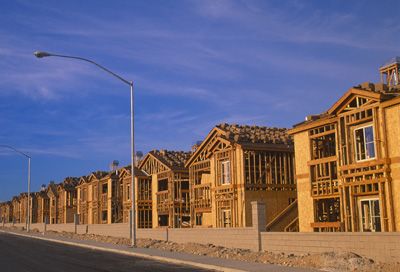Home ownership is the culmination of the American dream. It is a symbol of financial security and stability won by hard work and saving. The process of buying a home is both a thrilling and exhausting experience, but with the help of the right real estate agent and some useful tips, you can own a beautiful — and affordable — piece of the American dream.
In 2007, at the height of the real estate bubble, 73 percent of Americans owned their own home. By 2012, that number sunk to 62 percent [source: Gallup]. Bad mortgages were the root cause of the housing crisis. Many people knowingly agreed to adjustable interest rates under the belief that they would sell or "flip" their homes before the rates jumped higher. Many inexperienced homebuyers were also victims of predatory lenders who convinced them to sign subprime loans with punitive terms. By August 2012, nearly 1.5 million homes were in foreclosure. That's one of every 681 homes in America [source: RealtyTrac].
Advertisement
As a home buyer, these numbers aren't meant to scare you, but merely to convince you of the importance of fully understanding the terms of your mortgage and choosing a home that you can honestly afford. Buying a home is a momentous occasion full of joy and achievement. It is also one of the most significant financial investments you will ever make. When your heart tells you to buy the stately Victorian with the gabled windows, make sure to check with your head -- and your budget -- first.
In this article, we're going to go through the steps involved in a search for the perfect home. For instance, do you really need a real estate agent? Why do you need to be pre-approved by a bank? How do you negotiate the deal? And, how do you keep from getting a lemon? Let's start with the finances -- getting pre-approval for a mortgage.
Advertisement







